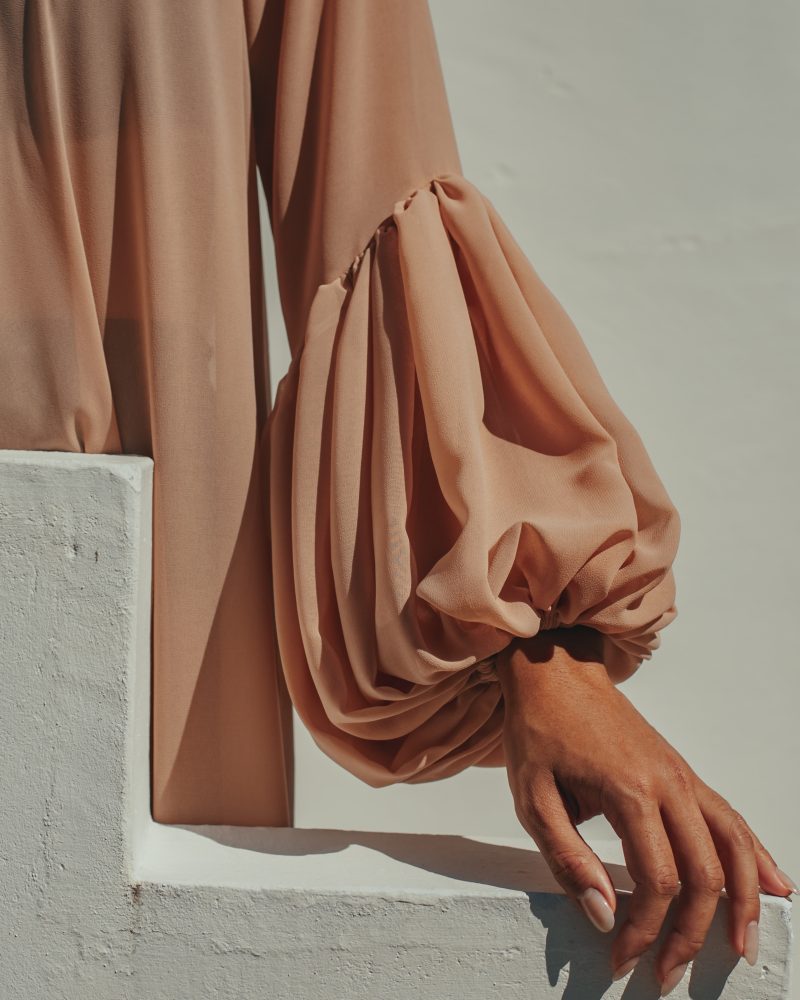We love to talk about trust in relationships, but what about trusting yourself? If you’re someone who continually falls for the unattainable, seems to miss out on key red flags or feels stuck making choices, there is a strong chance you struggle to trust yourself when dating.
For many of us, a history of failed relationships causes us to say, ‘I’m not good with men’ or ‘I always go for the wrong women’. Our brain then looks for confirmation to prove these statements true.
Without believing in ourselves, how can we make healthy, valuable decisions about our love lives? How can we fall in love with the right person when we’re confused about our judgment?
A lot of readers send me questions that say, ‘What should I do?’ or ‘Is this okay?’. As you’ll know if you’ve read my post on not asking friends and family for relationship advice, asking someone to provide an answer can lead to more confusion.
Instead, it’s about seeking advice to help guide us to create our own choices, rather than following someone else’s perspective. It doesn’t matter if it’s a psychologist or a friend, if we don’t make decisions for ourselves, we’re not going to enjoy fulfilling relationships. We’ll end up following a story that doesn’t align with what we want.
What are the signs that you don’t trust yourself?
Common signs a person doesn’t trust their opinion include:
- Procrastination – second-guessing, going back-and-forth over options, struggling to decide.
- Constantly asking other people for their thoughts – needing other people to agree with your choices to feel comfortable with them.
- Ignoring or underestimating your instincts – believing someone else is better equipped to decide what’s best.
- Overanalysing and worrying about every possible what if?
- Staying stuck – avoiding decisions, so you don’t have to deal with the possibility of making the wrong choice.
- Negative self-talk – admitting that your clueless when it comes to love, you’ve only ever dated the wrong people and therefore, you’ve given up searching.
- Making a lot of excuses – somehow, nothing is quite your fault. You just find yourself in unfortunate situations.
When you don’t trust yourself, it’s difficult to know what you want. As an example, let’s pretend you’ve been dating someone who shares your values and beliefs. They seem ideal, but you don’t trust them. How can you know if the person is going to be a long-term partner or merely a fling if you don’t believe in them? We need trust to help guide us.
Back many years ago, I was in a situation where I had zero trust in myself. As a result, I ignored my opinion (including the obvious red flags), believed the person I was with was always right and didn’t have the confidence to end our communication.

In dating, there is a lot of mistrust and scepticism. You don’t know if your date will ghost you or if you’ll be dumped for the other person they’re dating. Insecurity may creep in – you might question if you’re ‘good’ enough to date. We can’t stop people from lying on their dating profiles, but we can trust ourselves to know how to navigate these issues.
With self-trust, you’ll find dating much easier and you’ll begin to pick more compatible partners. Here is how you can start trusting yourself when dating:
1. Recognise confirmation bias
Confirmation bias is when we only choose to follow or listen to select information that supports our preexisting beliefs. Equally, we ignore or refuse to explore outside information that could go against our desires.
As an example, you could be dating a person who repeatedly ignores your calls and messages and is rarely available to meet. But because you want to be in a relationship, you choose to ignore these issues and instead focus on your previous romantic dates together.
Doing this is a sure way to ruin self-trust as you will end up ignoring red flags that you will later regret. To overcome confirmation bias, try to consistently ask questions and look for evidence to prove your statements.
For instance, ‘Does this person want a relationship? What actions are they doing that tells me they are serious?’
Additionally, look out for the halo effect. This is when our perception of someone is influenced by a particular trait or characteristic. As an example, you may believe a good-looking person is friendlier and more likely to relate to your personality without knowing them. Again, overcoming this is about asking questions that can help separate your thoughts with evidence.
2. Pay attention to what you say about yourself
Our brains have our backs – they love to look for evidence to help back-up our thoughts. This is amazing if you often tell yourself that you’re confident, fun and attractive. It’s not so good however if you repeatedly make negative comments.
When you say, ‘I always choose the person wrong’ your brain goes, ‘That’s so true! Remember that last guy you dated who broke your heart. And what about the person before that….’
To start trusting yourself, you must pay attention to your thoughts and learn to challenge them. I recommend writing down the alternative – force yourself to come up with positives that go against any self-criticism.
3. Alternatively, be accountable
When you trust someone, you trust them because they are honest and responsible. That’s why it’s important to not lie to yourself. If you keep dating or falling for the wrong person, own up to what is happening.
Is your low self-esteem causing you to run after people? Are you so eager to have a relationship that you’re willing to pretend the warning signs don’t exist?
4. Make decisions
A coach works with someone to help them overcome their weaknesses and reach their potential. They don’t just tell them what to do. When we don’t trust ourselves, it’s easy to run to others to help take the heat off ourselves.
But each time we don’t value our opinion, we tell our brains that we shouldn’t be trusted.
Before you ask, ‘What should I do?’, consider what you’re feeling and where your fear is coming from – what’s making you seek dating advice? Try to speak to someone who can help you see the bigger picture and gain more clarity.
5. Listen to your inner voice
Have you ever been out shopping with a set list of items, but ended up straying? You need an outfit for the week, but you can’t help noticing a cute gym set. Your inner voice tells you it’s an unnecessary purchase – your emotions say otherwise.
Before you know it, you have a new outfit and less money for the month to buy essentials. This is what we do with dating – we ignore our inner voice and then wonder what went wrong.
People say love is about emotions and following your heart. While that might be true, it’s also about being level-headed and logical so you can figure out who is worth dating.
Stay connected via TikTok and Instagram.
Read next:



Leave a Reply